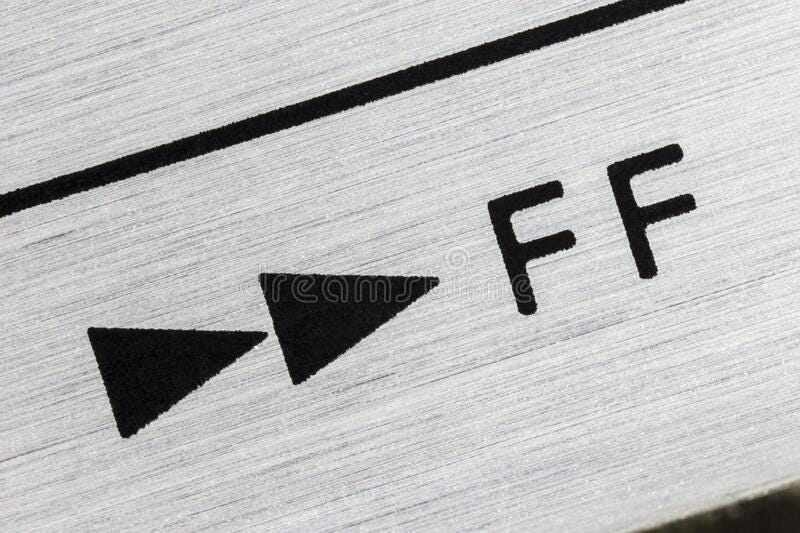Perhaps you’ve heard the recent “news” that Beyonce had to change some of her lyrics because they were “offensive.” A headline in Jeff Bezos’ Washington Post blared: “Beyoncé used ‘ableist’ slur in a new song. After uproar, she’s deleting it.”
The word in question is “spaz.” It’s viewed by some as a slur because it allegedly mocks people with spastic paralysis. Please allow me to introduce some personal context before I get labeled “ableist,” too.
I’ve written for more websites, newspapers, and publications than I can even remember. But I clearly recall, back in the day, penning articles for a variety of physical therapy journals. This came to be because I was married to a pediatric physical therapist at the time. Through those experiences, I learned how to be as sensitive as possible when discussing people with disabilities — particularly children.
But even so, I was today years old when I learned that “spaz” is taboo.
I grew up saying it when playing sports, in the gym or practicing martial arts, or just being a juvenile delinquent. Simply put, people often “spaz out” when doing something physical or when high or drunk. “Spaz” is (was?) an accepted figure of speech independent of any disability.
But I’m not here to tell you or anyone else what should or shouldn’t offend you. What I am here to do is ask why it was Beyonce who got called out but not her husband who is responsible for poetic masterpieces such as:
“You wanna know what’s more important than throwin’ away money at a strip club? Credit/ You ever wonder why Jewish people own all the property in America? This is how they did it.”
Then again, as the “genius” Jay Z once warned: “Fuck critics, you can kiss the whole asshole/If you don't like the lyrics, you can press fast forward.”
And there’s more. With wokeism, there’s always more. About two years ago — during the infamous Summer of George Floyd™ — the band formerly known as the Dixie Chicks had a long overdue epiphany.
Three decades after the band formed, the musicians suddenly realized that evoking the memory of “Dixie” is not something well-behaved #woke people do. So, how did they handle this awakening? They ditched Dixie and proclaimed that they’d be known as The Chicks.
Their brief statement: “We want to meet this moment.”
Context: The first appearance of “chicks” as a derogatory shorthand for women was in the 1927 novel Elmer Gantry, by Sinclair Lewis. Right there on page 114, it reads:
“He didn't want to marry this brainless little fluffy chick.”
Apparently, the “moment” for women has still not arrived.
Meanwhile, Dixie Cups still exist and their website is literally dixie.com.
This brings me to a far more common and offensive invective against women: the b-word. If spaz and dixie are kinda-sorta canceled, why is “bitch” so widely accepted and used — by virtually everyone?
Questions for the Twitterverse: Is bitch an unforgivable epithet or is it a “reclaimed” term of empowerment? Is it a badass name for a magazine or is it a 600-years-and-counting emblem of inequality?
We live in an age when someone will be canceled if they were found to have used the n-word in the seventh grade. But even the social justice crowd gleefully uses the b-word without guilt or fear of consequences.
Why the disconnect? Could it perhaps be because wokeism is just another form of misogyny? (as I recently suggested here)
More context: “Bitch” has been used to describe a female dog since the 11th century but became a known pejorative for “woman” by the 1400s.
Isn't six centuries of contempt enough?
I can hear Beyonce’s still-uncanceled husband chiming in: “I got 99 problems, but a bitch ain't one.”






"today years old" 😆
A friend of mine, a Cleveland (UK) Fire Brigade Fitness Instructor used to do volunteer work for the Spastics Society charity shop next door to where I worked in the Electricity Board Showrooms in Billingham.
Later he divorced and married a Chinese lady.
I would like to think he is still my friend.
"Jock" as he was affectionately know by his Cleveland County collegues.